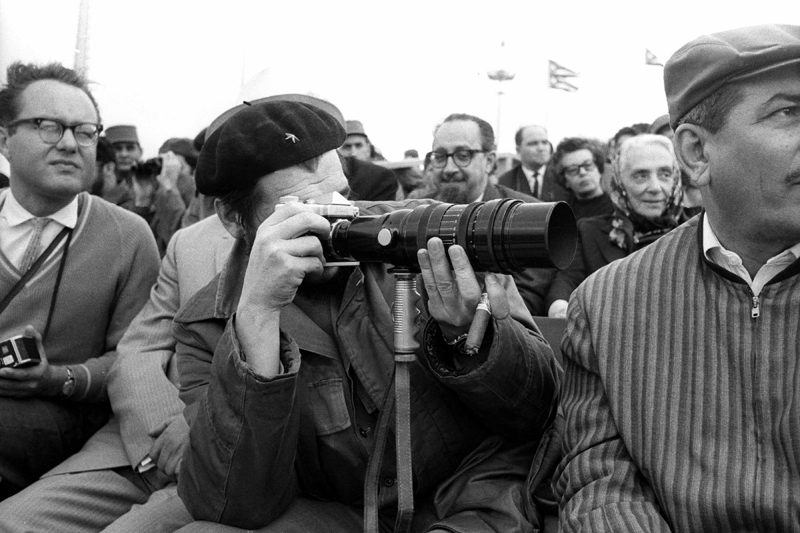Por primera vez en la Argentina se verá una muestra de fotos tomadas por el propio Che Guevara, coorganizada entre la Municipalidad de Rosario y un centro de estudios ubicados en La Habana.
A partir de este jueves 17 de enero, la cita tendrá lugar desde las 19 en el Centro de Expresiones Contemporáneas (Paseo de las Artes 310). La muestra, titulada “Che fotógrafo”, podrá apreciarse gracias a la participación del Centro de Estudios Che Guevara, radicado en la capital cubana.
Gracias a esta exposición, se podrá conocer más acerca de una faceta un tanto desconocida del revolucionario, uno de los personajes más significativos del siglo pasado.
Esta exposición cuenta con una selección de las fotografías tomadas por Guevara, que podrán verse con entrada libre y gratuita de miércoles a domingos de 18 a 21 horas, hasta el 3 de marzo.
“Che fotógrafo” es una muestra que estuvo de gira por varios países de Europa, como así también en China y Japón, entre otros países, y llega a la Argentina a través de un convenio de cooperación entre el Centro de Estudios Che Guevara de La Habana y el Centro de Estudios Latinoamericanos Ernesto Che Guevara (CELChe) de Rosario, firmado en el 2018 y en conmemoración a los 90 años del nacimiento del revolucionario.
Por otro lado, se trata de una exposición que es parte de la colección “Vida y Obra” del mencionado centro de estudios cubano, que además está avalada por la UNESCO como una genuina pieza del proyecto Memoria del mundo en su categoría internacional.
De esta forma, el público verá más de 200 fotografías que fueron tomadas durante diferentes etapas de su vida, generando así un gran viaje itinerante, con imágenes que fueron seleccionadas por Camilo Guevara, hijo del revolucionario, acorde a distintas etapas y al valor tanto histórico como artístico.
Finalmente, la exposición se complementará con textos de cuatro fotógrafos rosarinos. “El núcleo La América Latina que vio Ernesto”, se acompaña de textos de Beatriz Fiotto; “El foco de un proceso revolucionario” cuenta con un texto de Silvina Salinas; “Una mirada del mundo” con escritos de Virginia Benedetto, y “Auto-Retratado”, con el análisis de Maximiliano Conforti.


